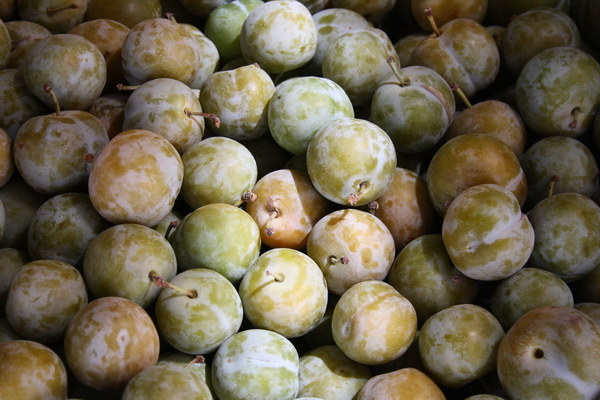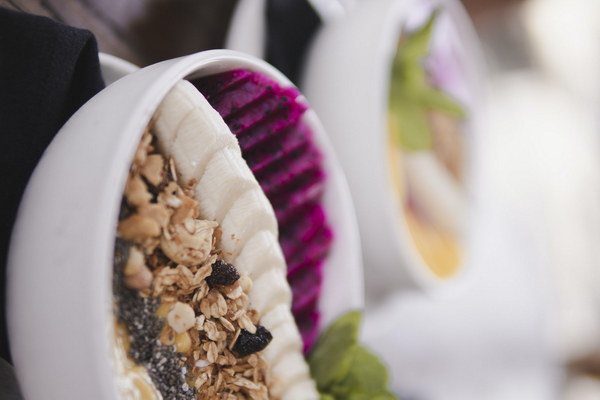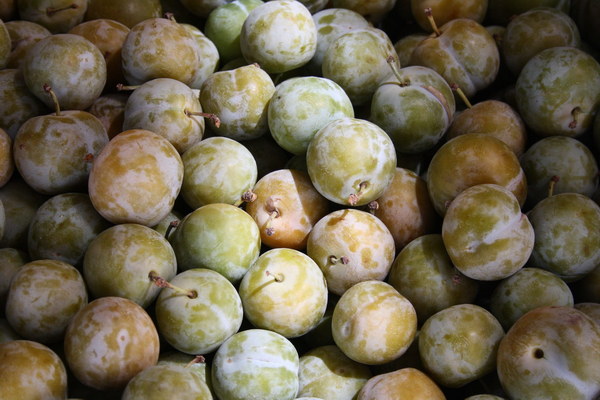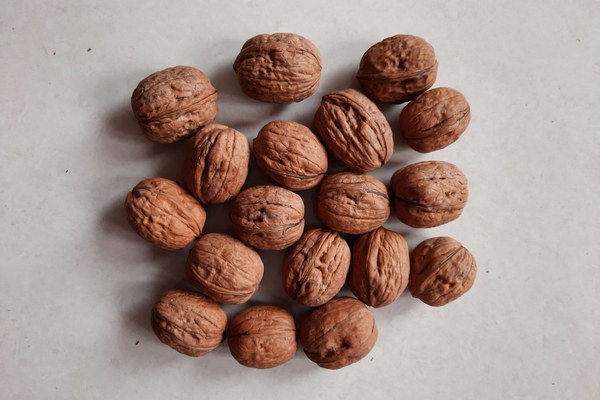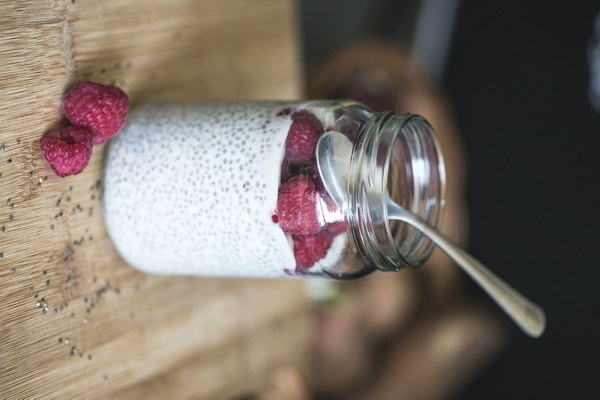The Best Herbs for Tea A Guide to Wring Out the Dampness from Your System
In the quest for natural remedies to alleviate the symptoms of dampness or damp-heat in traditional Chinese medicine, herbal teas have long been a popular choice. Dampness is often associated with excess moisture in the body, which can lead to discomfort and various health issues. Here's a guide to the best herbs for tea that can help you wring out the dampness from your system.
Introduction to Dampness and Its Symptoms
Dampness, in traditional Chinese medicine, refers to an excess of moisture in the body that can disrupt the normal functioning of organs. Symptoms of dampness include fatigue, lack of energy, bloating, weight gain, poor digestion, and occasionally joint pain. While dampness is more common in humid climates, it can also be a result of poor diet, lack of exercise, and other lifestyle factors.
Herbs for Tea: Natural Remedies to Combat Dampness
1. Poria (Fu Ling)
Poria, also known as polypore, is a mushroom-like herb that is highly regarded for its ability to absorb dampness and aid in digestion. It is often used in combination with other herbs and is believed to help clear dampness and improve overall fluid balance in the body.
2. Astragalus (Huang Qi)
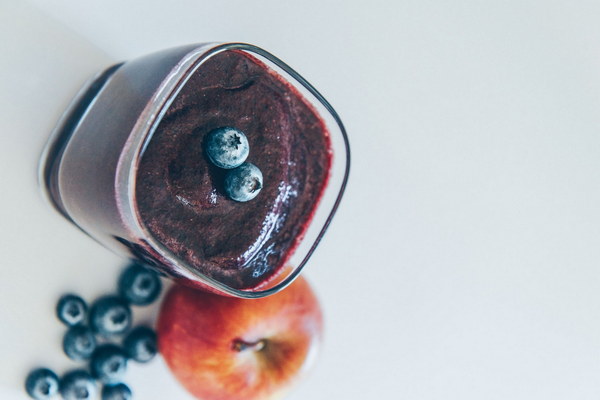
Astragalus is an adaptogen that is known for its immune-boosting properties. It can also help to expel dampness and support the spleen, which is responsible for transforming and transporting nutrients in the body.
3. Cinnamon (Rou Gui)
Cinnamon is a warm and spicy herb that can help to expel cold and dampness from the body. It is often used in combination with other herbs to warm the body and improve circulation, which can help in the removal of dampness.
4. Licorice (Gan Cao)
Licorice is a versatile herb that can help to harmonize the effects of other herbs in a tea blend. It is considered sweet and neutral in nature, making it a good choice for balancing the properties of other ingredients and aiding in the elimination of dampness.
5. Green Tea (Lu Yu)
Green tea is not only a refreshing beverage but also a traditional remedy for dampness. It is believed to help stimulate digestion and increase urination, which can help in the elimination of excess dampness.
6. Peppermint (Bo He)
Peppermint is a cooling herb that can help to soothe the digestive system and expel dampness. It is often used in combination with other herbs to improve digestion and alleviate bloating and gas.
7. Ginger (Sheng Jiang)
Ginger is a powerful herb that can help to warm the body and expel cold and dampness. It is often used in small amounts in tea blends to stimulate circulation and boost the immune system.
How to Prepare a Dampness-Reducing Tea
To prepare a dampness-reducing tea, you can combine any of the above herbs in equal parts. Here's a simple recipe:
Ingredients:
- 1 tablespoon of Poria
- 1 tablespoon of Astragalus
- 1 teaspoon of Cinnamon
- 1 teaspoon of Licorice
- 1 teaspoon of Green Tea leaves
- 1/2 teaspoon of Peppermint leaves
- 1/2 teaspoon of Ginger slices
Instructions:
1. Place the herbs in a pot and cover them with water.
2. Bring the water to a boil, then reduce the heat and simmer for about 15-20 minutes.
3. Strain the tea and enjoy it warm or let it cool down and chill it for a refreshing drink.
4. Drink this tea 2-3 times a day, especially after meals to aid digestion and reduce dampness.
Conclusion
Herbal teas are a natural and gentle way to address dampness in the body. By incorporating the right herbs into your diet, you can help to alleviate symptoms and maintain a balanced and healthy body. Remember to consult with a healthcare professional or a traditional Chinese medicine practitioner before starting any new herbal regimen, especially if you have underlying health conditions or are taking medication.


